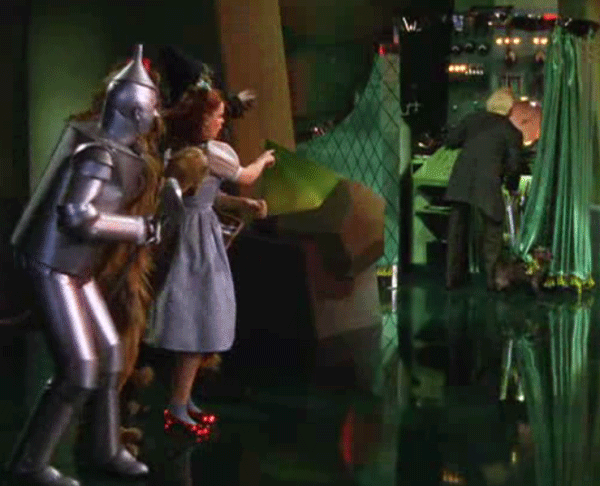Neither can distinguish wheat and chaff, separating a few real environmental concerns and some pretty hypothetical health concerns from an admittedly-large amount of unfounded anti-GMO concerns, particularly about health. One real environmental concerns is of genetic contamination in the wild from GMO genes, both of species related to domesticated species and of plant species gone "feral". Another is how GMOs facilitate increased herbicide use through inserting resistance genes in targeted crops. A hypothetical health concern is from transferring allergenic genes to otherwise non-allergenic foods. Another (possibly less-hypothetical) is farmworker exposure to the increased herbicide use.
Despite that, the Kloor article that Yong cites has this disingenuous summation:
After 14 years of cultivation and a cumulative total of 2 billion acres planted, no adverse health or environmental effects have resulted from commercialization of genetically engineered crops.Emphasis added. Several paragraphs later, even Kloor has to admit poorly-phrased versions of some of the environmental issues, but that didn't get him to remove his summation or false equivalence to climate denialism. He just then segues into the particularly-inane argument that GMOs are just a fast form of traditional breeding. No. Or at least, horizontal gene transfer from wildly different species is so unlikely in traditional breeding as to make it a ridiculous claim.
GMOs have real promise. I'm particularly interested in the possibility of turning annual grasses like corn into perennials, something that could have significant climate benefits by allowing more carbon to be stored in no-tilled soils. No point in being simplistic about GMOs though, including their real problems.
*This is mostly about Kloor, but Yong has a blog history of simply supporting the anti-anti-GMO people, including this Kloor article.
UPDATE: Another potentially-good example of a GMO - inserting resistance to a non-native disease in the all-but-disappeared American chestnut.


.jpg)











